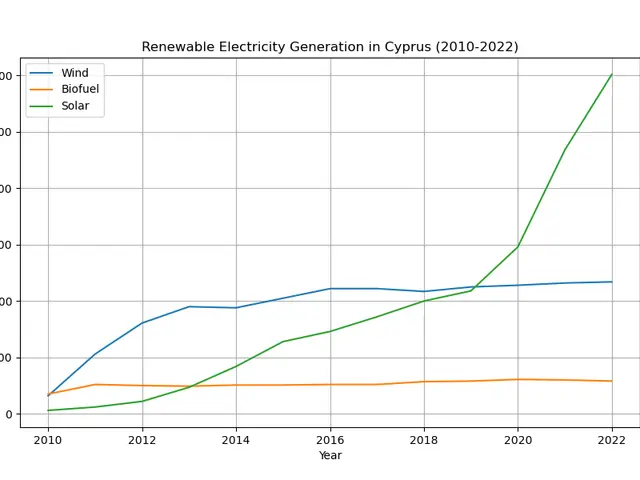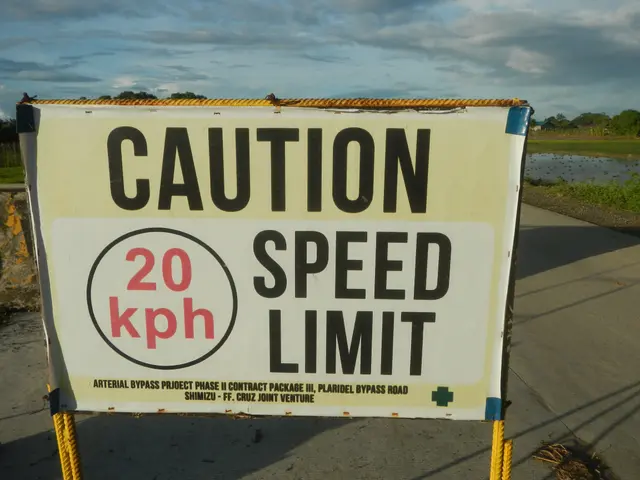International Court of Justice establishes legal groundwork for filing lawsuits pertaining to climate change-induced emissions
The International Court of Justice (ICJ) in The Hague has issued a landmark ruling on July 23, 2025, allowing states to sue each other over disputes linked to climate change. The ruling, which has been widely hailed as a significant step forward in the global fight against climate change, clarifies that all countries have duties under international law to prevent environmental harm from climate change.
The ruling applies regardless of a state's participation in climate agreements like the Paris Agreement. This means that even countries that have withdrawn or not ratified remain bound by wider international and human rights law obligations related to climate protection.
The potential consequences for major powers like the United States, China, and the European Union following the ICJ's ruling are significant. They now face legally binding obligations to urgently reduce emissions, prevent climate harm, and align their policies with the 1.5°C limit of the Paris Agreement. Failure to meet these obligations can lead to international responsibility and claims for reparations by vulnerable countries and communities, particularly small island states and marginalized groups disproportionately affected by climate damage.
The ruling reinforces that delay or expansion of fossil fuel activities may itself constitute internationally wrongful acts, putting additional legal pressure on countries with significant fossil fuel interests to transition to sustainable energy rapidly. It also empowers underrepresented groups and states to hold polluters accountable, potentially leading to increased legal challenges and demands for climate justice and compensation from major powers.
The ICJ's ruling underscores that every state holds "international obligations" to avoid causing transboundary environmental harm. ICJ judge Yuji Iwasawa stated that the climate crisis is an urgent threat that impacts the survival of humanity. The ruling recognizes the climate crisis as a "right and duty" under international law that can be enforced. Should a country fail to reduce emissions and inflict damage on another, it may now face lawsuits and compensation claims.
The ICJ's decision could form the basis of future state-to-state litigation. Courts worldwide are likely to use the ICJ's latest opinion to interpret binding law within their jurisdictions. Climate disputes are now elevated to the same level as border conflicts or treaty violations, potentially triggering binding international legal consequences.
The ruling paves the way for cases targeting "indirect emissions," such as carbon exports, fossil fuel subsidies, or the approval of polluting projects. Scholars argue that the legal pathway established by the ICJ will incentivize major powers to act more decisively, given the mounting risk of lawsuits and costly damages.
The ruling marks a historic shift from climate change as primarily a political issue to a binding legal one with substantial accountability mechanisms under international law. More than 2,600 climate-related lawsuits have already been filed globally, and with the ICJ's ruling, it is expected that this number will continue to rise. The ICJ's decision is seen as a "clear legal blueprint" for holding major polluters accountable.
Read also:
- Amidst India's escalating climate crisis, transgender individuals continue to persevere
- Germany's three-month tenure under Merz's administration feels significantly extended
- Governing body allegedly persists in enjoying vacation time amidst Spain's highest danger level due to fires, claims Feijóo
- United Nations Human Rights Evaluation, Session 45: United Kingdom's Statement Regarding Mauritius' Human Rights Record








